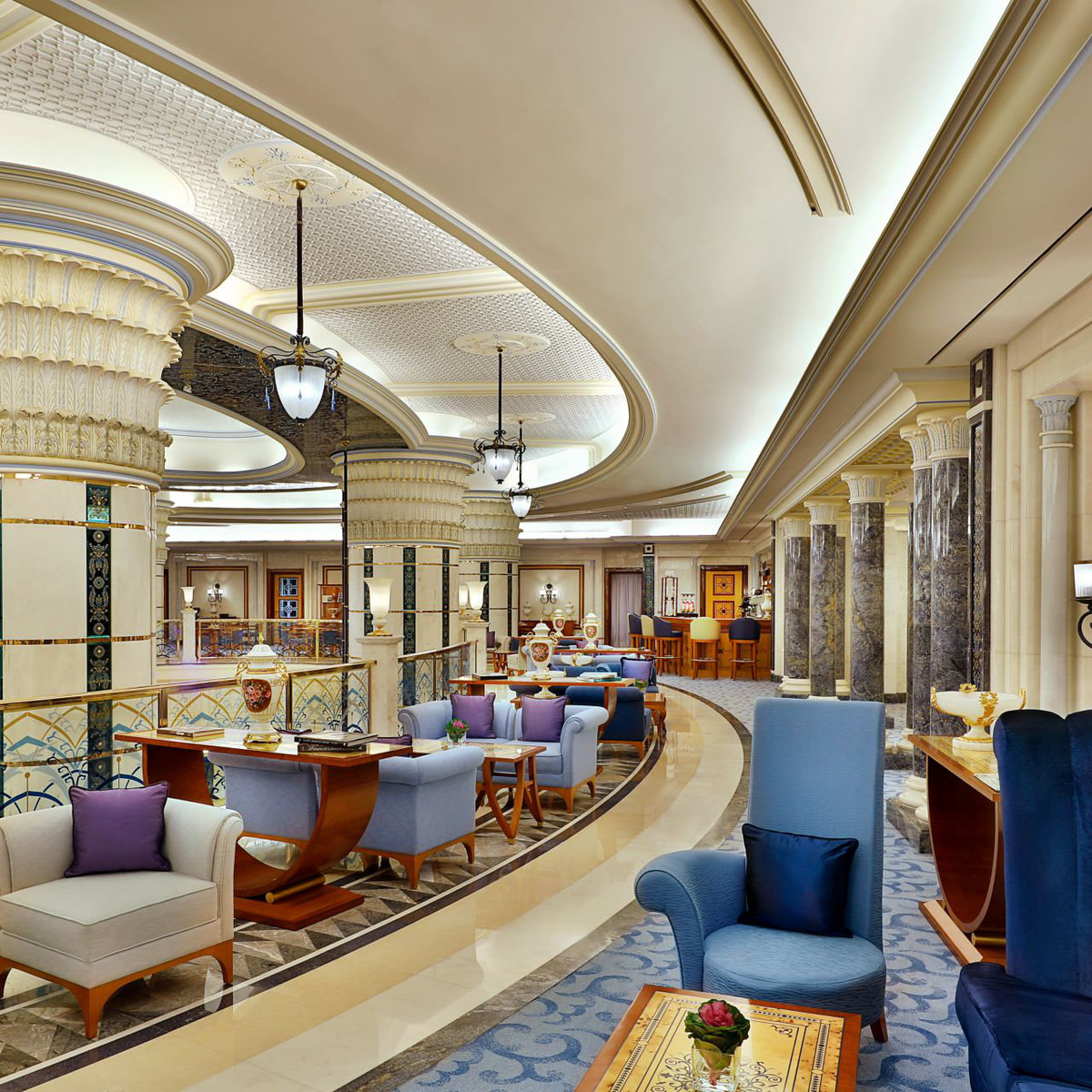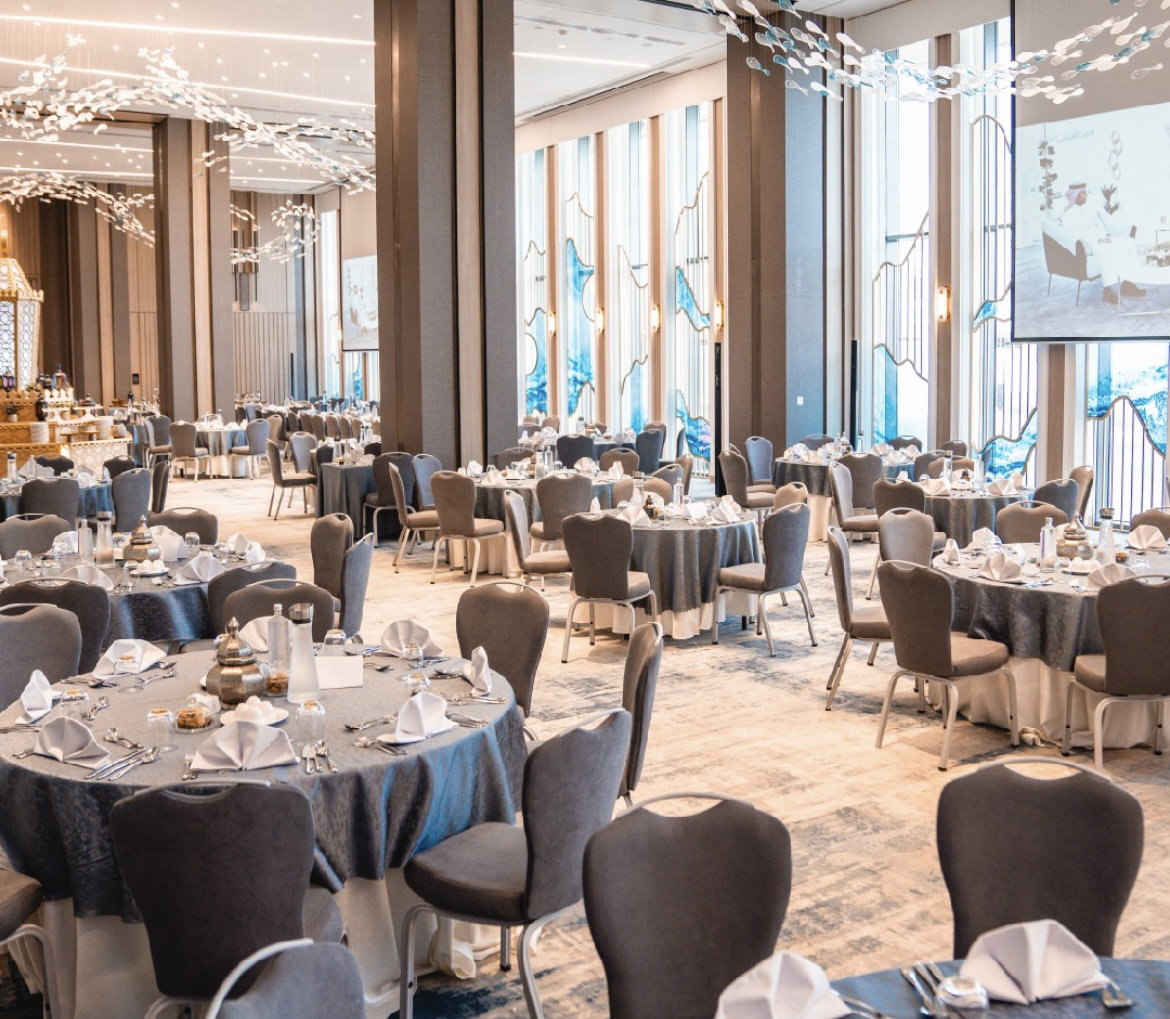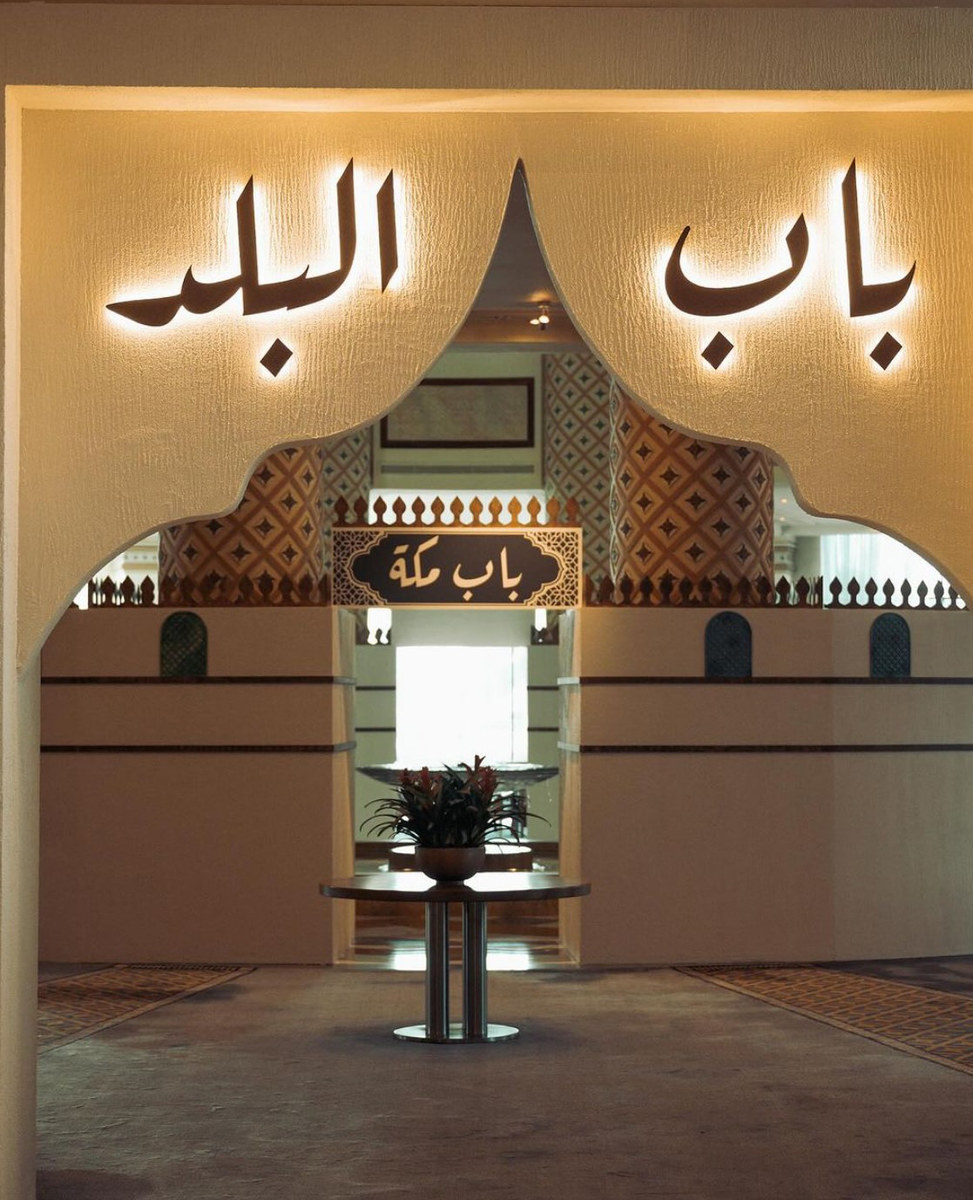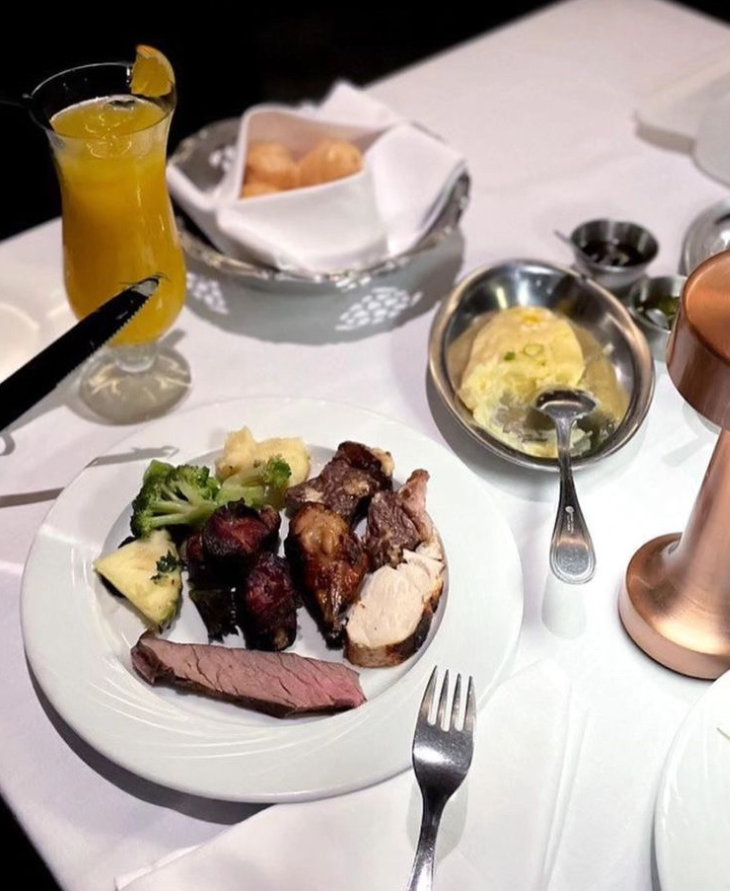JEDDAH: Many hotels and restaurants in Jeddah are placing a strong emphasis on sustainability practices to make Ramadan more eco-friendly.
The outlets are actively working toward reducing food waste and promoting environmental consciousness throughout the month.
At The Ritz-Carlton, the theme for Ramadan at The Palace is “Bab Al-Bahr,” meaning “Gate to the Sea,” drawing inspiration from the hotel’s proximity to the sea. The gates of the hotel open directly to the sea, embodying the essence of its coastal location. Guests can look forward to luxurious iftar and sahoor experiences in the grand ballrooms, featuring nine live cooking stations offering a wide selection of appetizers, salads, main courses, desserts, and a dedicated mocktail station.
HIGHLIGHTS
• The Ritz-Carlton is making efforts to minimize food wastage by collaborating with Etaam, a local charitable organization focused on distributing food to the needy.
• The Hotel Galleria Jeddah has embraced cost-effective practices and is currently testing food waste monitoring systems.
• Bab Al-Balad at Rosewood Hotel’s Soleil restaurant offers an iftar buffet experience that captures the essence of Ramadan and Saudi heritage.
General Manager Peter Katusak-Huzsvar highlighted how the hotel strikes a balance between creating a festive atmosphere and maintaining elegance with the Ramadan menu. He told Arab News: “The Ritz-Carlton brand’s inherent elegance seamlessly intertwines with the richness of Ramadan traditions at our stunning property, aptly referred to as The Palace. This title perfectly aligns with our commitment to providing a regal and sophisticated atmosphere during Ramadan.
“We skillfully strike a balance, ensuring a Ramadani ambiance while upholding the utmost sophistication in our Ramadan offerings … Our meticulously curated stations reflect this harmonious blend, promising a celebration that transcends culinary delight into an exquisite journey of refined indulgence.”
Katusak-Huzsvar also mentioned the hotel’s dedication to sustainability in its culinary practices. Collaborating with Etaam, a local charitable organization focused on distributing food to the needy, The Ritz-Carlton is making efforts to minimize food wastage. All untouched food is carefully preserved and promptly collected by the Etaam team to benefit those in need. Additionally, the culinary team passionately advocates for sustainability by prioritizing locally sourced products and ingredients, reducing the environmental footprint while delivering a dining experience that is both conscious and delightful.

At The Ritz-Carlton, all untouched food is carefully preserved and promptly collected by the charity organization Etaam to benefit those in need. (Supplied)
Similarly, the Venue Jeddah Corniche offers an extraordinary iftar experience at its Subha Ramadan Tent. Juan Uribe, general manager of the hotel, expressed his excitement about the experience, saying: “We are honored to invite our guests to join us for an unparalleled culinary journey during the holy month of Ramadan. Our team has meticulously crafted an iftar buffet that celebrates the diversity of flavors while ensuring a memorable experience for each guest. We look forward to welcoming families, friends, and colleagues to the Subha Ramadan Tent and creating cherished moments together.”
Uribe mentioned that guests can enjoy a variety of appetizing dishes, including Arabian mezze, salads, grilled meats, seafood, vegetarian options, and tempting desserts. The tent provides a serene and elegant ambiance with warm lighting, comfortable seating, and traditional elements, creating a perfect setting for guests to immerse themselves in the spirit of Ramadan.
Another perfect place to spend some quality time with family and friends this Ramadan is the Movenpick Hotel Tahlia Jeddah. The hotel offers a captivating vibe for iftar, with a contemporary hall and a stunning Ramadan tent. The diverse menu featuring Hijazi and international cuisines, along with live cooking stations, adds to the allure of the lighting and atmosphere. Monther Abou Alssil, director of food and beverage, said: “Through culinary excellence and a commitment to sustainability, we strive to create unforgettable dining experiences that not only satisfy the palate but also nourish the planet.”

Movenpick Hotel Tahlia Jeddah's Ramadan tent offers a diverse menu featuring Hijazi and international cuisines, along with live cooking stations. (Supplied)
Alfolk Ramadan tent located at Shangri-La Jeddah offers a modern and stylish ambiance. Their iftar and sahoor buffets showcase a fusion of Middle Eastern, European, Chinese, and Indian flavors. Live oud and violin music further enhances the experience for guests.
Al-Mirkaz Ramadan tent has made a grand return this year with a fresh and captivating look that transports guests to a realm of wonder. The tent radiates sophistication and elegance, adorned with luxurious fabrics, ornate chandeliers, and traditional Arab motifs that create an enchanting atmosphere. They offer a culinary experience that explores Ramadan specialties and international favorites.
Both Alfolk and Al-Mirkaz prioritize sustainability by implementing eco-friendly practices such as reducing food waste and promoting environmental consciousness.
In a city where Ramadan dining experiences are evolving, Bab Al-Balad at the Rosewood hotel’s Soleil restaurant offers an iftar buffet experience that captures the essence of Ramadan and Saudi heritage. This immersive dining journey blends deep-rooted history with modern elegance, featuring a fusion of Arabian and Western flavors in a setting adorned with traditional Ramadan decorations.

Bab Al-Balad at the Rosewood Hotel’s Soleil restaurant. (AN photo)
The Hotel Galleria Jeddah has embraced cost-effective practices and is currently testing food waste monitoring systems. Beyond offering delectable cuisines, the hotel features a kids’ corner, photo booth, electronic play area, and a dedicated section for Saudi coffee, all while prioritizing minimal food waste.
In addition to the sustainable practices adopted by some restaurants in Jeddah, Fogo de Chao is committed to providing guests with the safest, highest-quality, and most wholesome food possible. Restaurant General Manager Shady M. said: “Our approach is rooted in the Brazilian gaucho tradition of nurturing and harvesting food with respect, which we call ‘respeito pela comida’ in Portuguese. To maintain this standard, we carefully select vendor partners who share our values and adhere to the Five Freedoms of Animal Welfare, a globally recognized standard.

Fogo de Chao actively pursues initiatives and programs focused on conserving resources, such as water and energy, and reducing waste. (Supplied)
“We also prioritize ongoing communication, guidance, and transparency to ensure that all aspects of animal sourcing, health, and well-being meet our commitment to exceptional food quality and safety for our guests.”
Furthermore, Fogo de Chao actively pursues initiatives and programs focused on conserving resources, such as water and energy, and reducing waste to offer a more sustainable dining experience for their guests. Core activities include recycling and promoting recyclable options, as well as minimizing usage and waste. Through these efforts, Fogo de Chao in Jeddah is not only delivering a delightful culinary experience but also contributing to a greener and more sustainable future.















